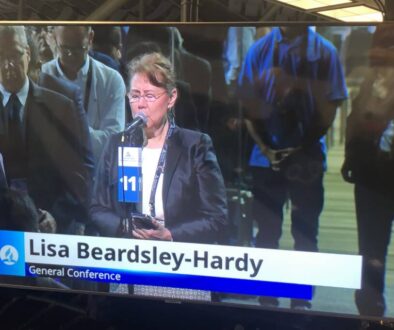Society of Adventist Biblical Scholars in Europe to Launch at Theology Conference
By AT News Team, March 25, 2015: The European Theology Teachers Conference began today at Newbold College, the Seventh-day Adventist school near London, England. “We aim at launching during this meeting the Society of Adventist Biblical Scholars in Europe, with the intent of being the voice of scholarly theological Adventism in Europe and beyond,” event coordinator Jean-Claude Verrecchia told Adventist Today. Verrecchia is a principal lecturer in New Testament, hermeneutics and Second Temple literature at Newbold College.
Sixty-three people from sixteen countries have gathered at the conference to wrestle with the role of theological education in shaping the future of the Seventh-day Adventist Church. “Since the last General Conference Session in 2010, ‘revival’ and ‘reformation’ have become crucial words in the church vocabulary, two leading principles which should sustain its thinking and mission at any level,” states the event’s website. “Revival and reformation cannot be a mere repetition of the past. The challenge of this conference is to explore and discuss new ways of teaching theology that would help the church in its specific European context, to develop and to grow.”
Given this context, the conference motto is “Ecclesia reformata semper reformanda,” which means “a reformed church always reforming,” a phrase used by Christian reformers, Verrecchia told Adventist Today.
The academic papers presented by attendees will be published by the end of 2015 by the Newbold Academic Press.



